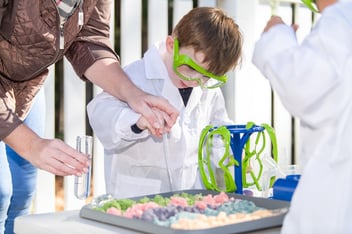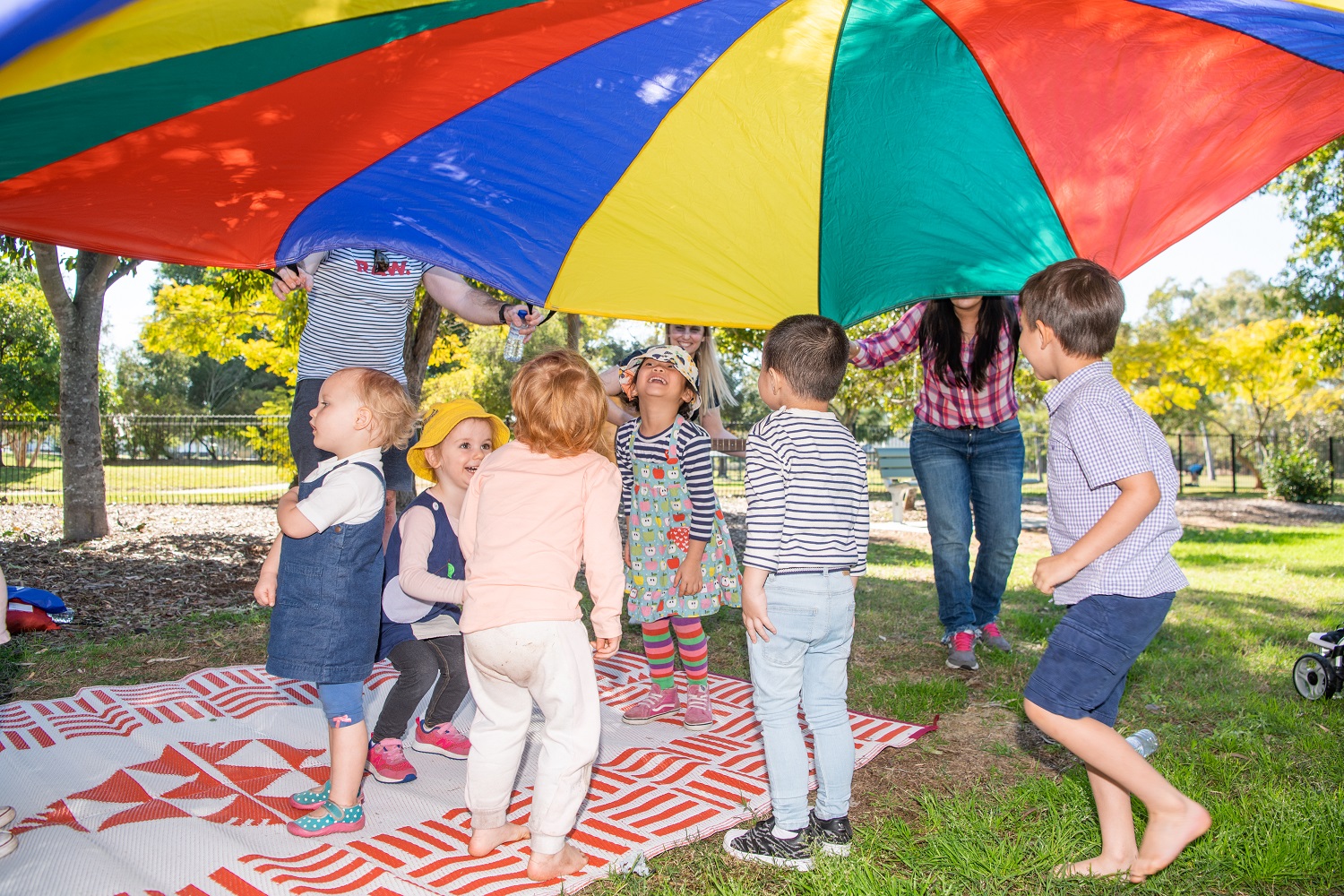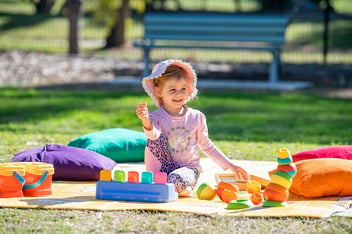
Mastering Social Skills Through Play
Blog > Mastering Social Skills Through Play

Mastering Social Skills Through Play

Young children are naturally egocentric, so it’s hard for them to understand others’ intentions and feelings. They do not know what is expected in different social situations and lack the experience and knowledge of appropriate ways to solve conflicts. Young children need lots of practice to develop and learn the social skills they need to get along with others.
Play is one way by which children learn about the world and is an avenue where social skills can develop. During play, besides having fun, it provides the opportunity for children to imitate the actions of others, communicate, cooperate, problem solve, consider other perspectives, coordinate their feelings and ideas, and make sense of their experiences.
Parents can assess social skills by observing how their children play and interact with other children. Understanding the five stages of social play can help parents to tailor the play activities, manage their expectations and understand how to help their children progress to the next stage.
The Stages of Social Play
The development of social play follows a set pattern, summarized as follows:
Solitary play: birth – 2 years
At this stage children start to play on their own and do not seem to notice other children sitting or playing nearby.

Onlooker play: 2 years
During this stage children watch others play, but there is no effort to join or participate socially.

Parallel play: 2+ years
Here children begin to play side-by-side with other children; they may make intermittent interactions with them. However, cooperation and give-and-take are limited. They may grab the toys of other children but learn valuable social skills in the process. This stage lays the groundwork for the later stages of play – this is the beginning of wanting to be with other children their age.

Associative play: 3 – 4 years
During this stage children start asking questions of each other and there may be some materials shared. They have similar goals (e.g. building a creation out of blocks) but there are no set rules. This is the beginning of children understanding how to get along with others.

Co-operative play: 4+ years
When children begin to share ideas and toys, they follow established rules, interact, and work together to solve problems. In doing so, they take account of the needs of others and they build friendships.
.jpg?width=1500&name=JOSEPHBYFORD-100653-0497%20(1).jpg)
Ideas to Support Social Skill Development
You can support your child’s development of social skills by including structured play activities in their daily routine. During these interactions, you can have teachable moments to model positive social behaviours. You can scaffold the behaviours by giving just enough help at first, then letting your child do more and more on their own.
You can scaffold your child’s social skill development by trying some of these ideas during play activities:
- Teach and model appropriate ways of getting people’s attention e.g. tap on the shoulder and wait for the person to look at you.
- Help your child tell others directly what they want or need e.g. I want to play being a doctor.
- Teach and model sharing, taking turns and compromising – these skills can help build friendships.
- Teach and model negotiation and problem solving. Conflicts are inevitable when children play together. It is a good vehicle to teach your child conflict resolution.
- Teach fairness – encourage children to treat others the way they want to be treated.
- Help your child understand the perspective of others by pointing out how others feel, how your child’s behaviour affects others and how other children might see things differently.
By using play time to help your child develop social skills, you’ll help them with the skills they need to get along with others throughout their lives – and have quality time and fun in the process.
Further reading:
Increasing Your Child’s Social Skills Through Play by Ron Huxley
100+ social skills activities for pre-schoolers
Social skills activities for children and teens: evidence-based games and exercises
Find a play experience near you:
Subscribe to our newsletter >
Related content:
Advertisement:
.jpg)





.jpg?width=352&name=PLAY%20MATTERS%20(57).jpg)

.jpg)